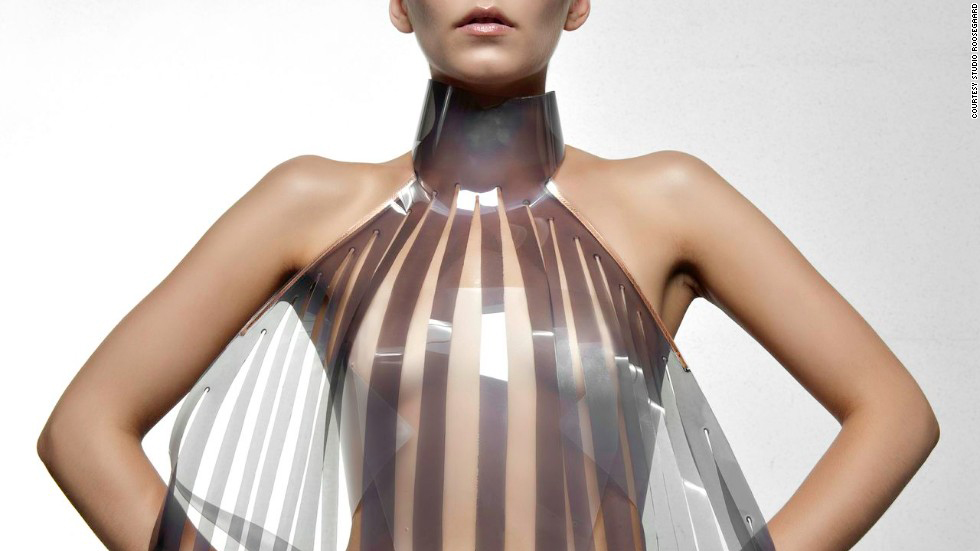Talk to the hand: wearable tech is making us all look like fools

I've spent a lot of the last few days feeling pretty stupid. And yes, I mean, stupider than usual.
The reason? I've been trying out O2's Bluetooth gloves, which use recycled phone parts and designer gloves to create a kind of hands-free kit that, er, goes on your hand.
It wasn't just that the gloves were too small for my enormous man hands, or that they were a shade of fuschia pink that really didn't go with my daytime look. It's that using a phone by making your hand into the shape of a phone and talking into it like you're a three-year-old makes you feel absolutely ridiculous.
Feeling ridiculous is something we'd better get used to, though, because the wearable tech wave is building.
Canalys predicts smart watch shipments of 5 million next year and the iWatch is predicted to drive sales to 75.66 million by 2016.
Making a phone shape with your hand feels a bit silly, but then so does talking into a wristwatch.
That last number comes from Digitimes so it's worth taking with a tablespoon of salt, but when you factor in Juniper Research's prediction of 10 million shipments of Google Glass-style smart glasses by 2016 and think about endless arms sporting Fitbits and Fuelbands, it's clear that our faces and wrists are going to get a whole lot more high tech.
Sign up for breaking news, reviews, opinion, top tech deals, and more.
It's also clear that some of the early adopters are going to look utterly ridiculous.
We can work it out
O2's gloves aren't a serious product - they're an art project designed to raise awareness of wearable tech - a previous effort stuck old handsets into Louboutin heels - but they do raise the question of how we'll interact with this kind of technology. Making a phone shape with your hand feels a bit silly, but then so does talking into a wristwatch.
The less obvious the tech, the stranger we look. It's fine to walk down the street mumbling if you've got a Bluetooth headset or smartphone earbuds on; if we can't see the wires or the blue light, though, we won't sit near you on the bus.
You might forgive the lack of eye contact from someone wearing Google Glass, but if the tech makes it into contact lenses you're going to assume rudeness, not tech early adoption.
Wrist-mounted computers and displays embedded in spectacles are just the beginning. Take Google'stattoo patent, for example: if that makes it into production, you'll be able to spray a smartphone mic onto your skin and talk to the hand, the elbow or anywhere else the spray can reach.
In the not too distant future that heavily tattooed, mumbling bald guy with a neck like the back of a black cab may just be the kind of person who goes round shouting at cows - or he might be a Google engineer conducting essential R&D. Telling the difference is going to be fun.
We'll adapt, of course: it wasn't that long ago that talking into a mobile phone in the street marked you out as the worst kind of person in the world; now, the high street's a sea of walking handsets.
But as our tech becomes more personal, on us, listening to us and, in the not too distant future, maybe even stuck to us or stuck inside us, we'll need to evolve new ways of using it and new mores to match.
Today, "talk to the hand" is an insult. In the future, it might just be how we control our tech.

Contributor
Writer, broadcaster, musician and kitchen gadget obsessive Carrie Marshall has been writing about tech since 1998, contributing sage advice and odd opinions to all kinds of magazines and websites as well as writing more than twenty books. Her latest, a love letter to music titled Small Town Joy, is on sale now. She is the singer in spectacularly obscure Glaswegian rock band Unquiet Mind.